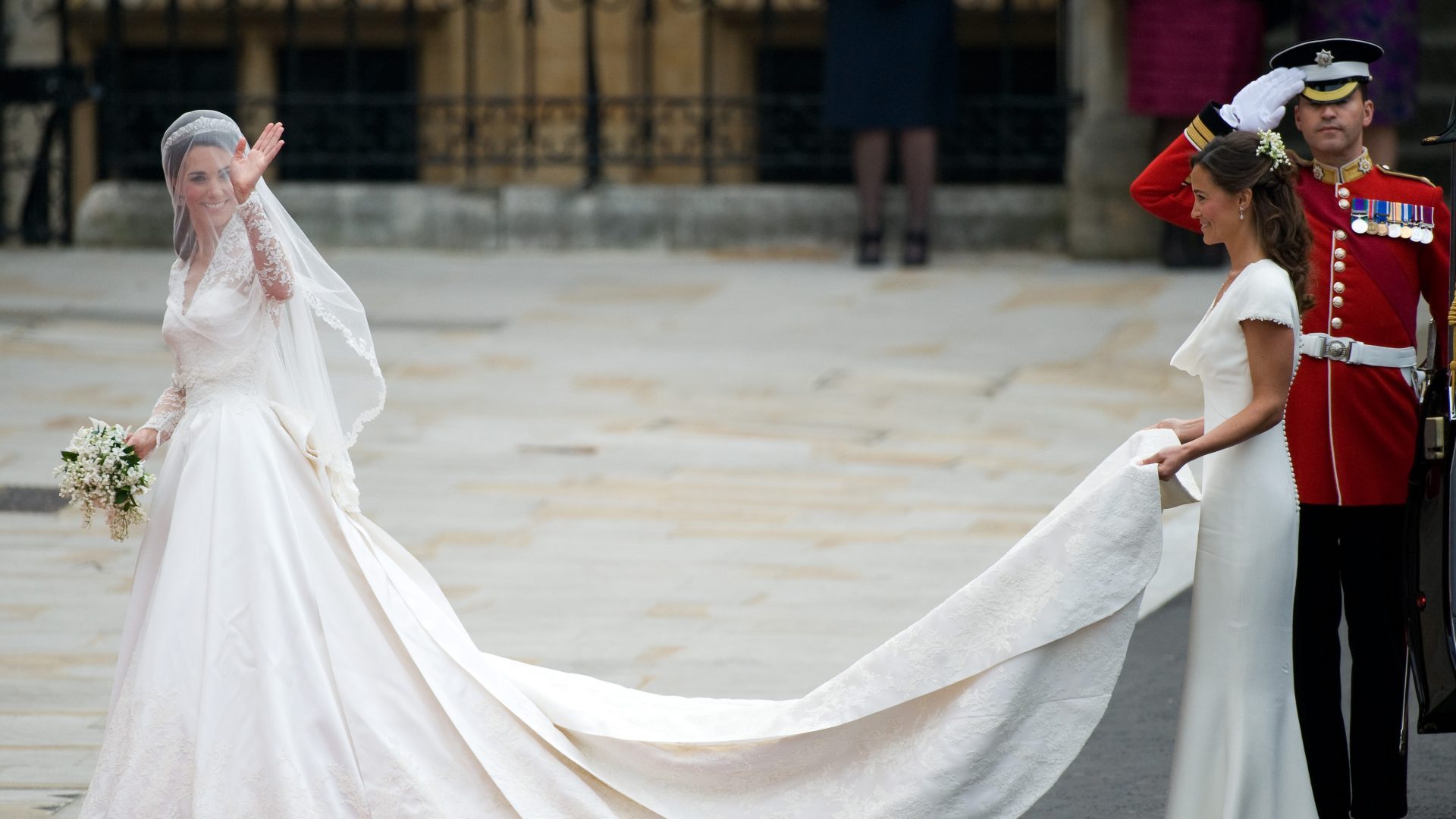It is rare for a letter in the Financial Times to go viral on social media, but that is what happened this week for one written by Charles Mason, managing director of Derbyshire-based Cluny Lace.
In it, he outlined how, after an audit, the firm – one which has been making high-quality lace for 250 years, as used on the Princess of Wales’s wedding dress and for clothes worn by Jennifer Lopez and Pamela Anderson – had been hit with a £10,000 demand for import duties as a result of post-Brexit rules.
“We have spent more than 200 years building our business, fought for 30 years against the global textile trend of moving to the Far East and have now been killed off by our own side in a couple of years,” he wrote. “We all lose.”
Cut loose from the FT’s paywall by tweeted screengrabs – one posted by Best for Britain has been viewed more than 2.7million times – the letter soon went viral among Remainers and beyond. Speaking to The New European from his base in Ilkeston, Mason is slightly surprised. “I just have a hobby of writing letters to the FT. Most of them are totally ignored, quite frankly, and this one has obviously gelled with people.”
The immediate issue surrounds the dyeing of Cluny’s lace. It is produced in Derbyshire, but sent to France to be dyed, before being returned to the UK. Previously, under freedom of movement of goods rules applicable while the UK was in the EU, this was a pretty much frictionless process. Now though, following an audit by HMRC, the firm is liable for an eight percent duty on the return of all the dyed lace from France. Worse, the payments were backdated to the date Britain left.
“I think a lot of people are facing the same issues,” says Mason, 57, who represents the ninth generation of the family business, which dates back to the 1760s. “I know people are facing the same issues. They’ve lost business dealing with Europe, had their businesses fundamentally knackered by Brexit. It’s only beginning to come out now because, basically, HMRC is just starting to do audits on people.”
Did the news come out of the blue, I ask?
“Yes, because our audit started in January. We started preparing documents for them in December and they came, did the audit, basically said everything was fine, wanted some extra documentation on our exports to and imports from the dyehouse.” Then came the demand.
Asked how much paperwork was required for the process prior to Brexit, Mason says: “None”. He repeats “none” three more times. “We’ve been sending stuff backwards and forwards happily for years. Not an issue. Now it takes forever and it costs a lot more.”
Cluny’s lace was used in the train of Kate Middleton’s – now the Princess of Wales – wedding dress and that of her bridesmaids. One of its patterns for Leavers (a type of loom) lace was also embroidered on the wedding dress of the late Diana.
Dyeing the lace within the UK isn’t an option, he says, because the domestic textile industry long lost the infrastructure to do so.
“So the companies that have the right machinery don’t exist,” he says. “Making lace – it uses different machinery to dying fabric. If you think of lace, it’s a structure full of holes, it’s very delicate – you need different kit to say, dyeing denim or shirting fabric or something.”
Even before the import duty demand, the firm was already struggling because, like so many other companies, its export operation to Europe had pretty much broken down thanks to onerous post-Brexit regulations.
“Behind it all, because of Brexit we’ve lost loads of our customers in Europe,” he says. “What we make, lace, was basically invented by hand in Europe. We export 90% of what we make and 50% of that went to Europe. And now because of the barriers of entry people don’t want to use our stuff, because they never know when they’re going to get it. It takes two to three weeks rather than the next day. Or not at all sometimes. And that’s just us, I know people had terrible problems in the dental world, and there’s a guy doing playing cards locally who’s basically stopped his European business. It’s never-ending, this stuff.”
In the event Mason has laid off half his workforce – up to 240 years of “extremely” skilled experience.
“We’re the last company making this sort of stuff left,” he says. “It’s the trade that built Nottingham. It’s awful, but it has to be a hard-nosed business decision. If you lose money you have to act. But yes, it’s awful. We’re still trying to keep going as the last one because without it the knowledge of a whole trade almost vanishes. So yes, it’s pretty heartbreaking, really.”
Mason does not use social media at all, so hasn’t seen the viral impact of his letter – or the inevitable replies from those assuming that – being based in Erewash, which voted by 61.2% to leave the EU – Mason did so too, and thus bears some responsibility for his woes.
“Did I vote for Brexit?,” he says. “Of course I didn’t. No, of course I didn’t vote for Brexit. Look, members of my own family voted for it, which astounds me.
“Some of my best friends who are in textiles voted for it. I have no insight into what they thought they were doing, but it amazed me. I don’t know what they thought.”










